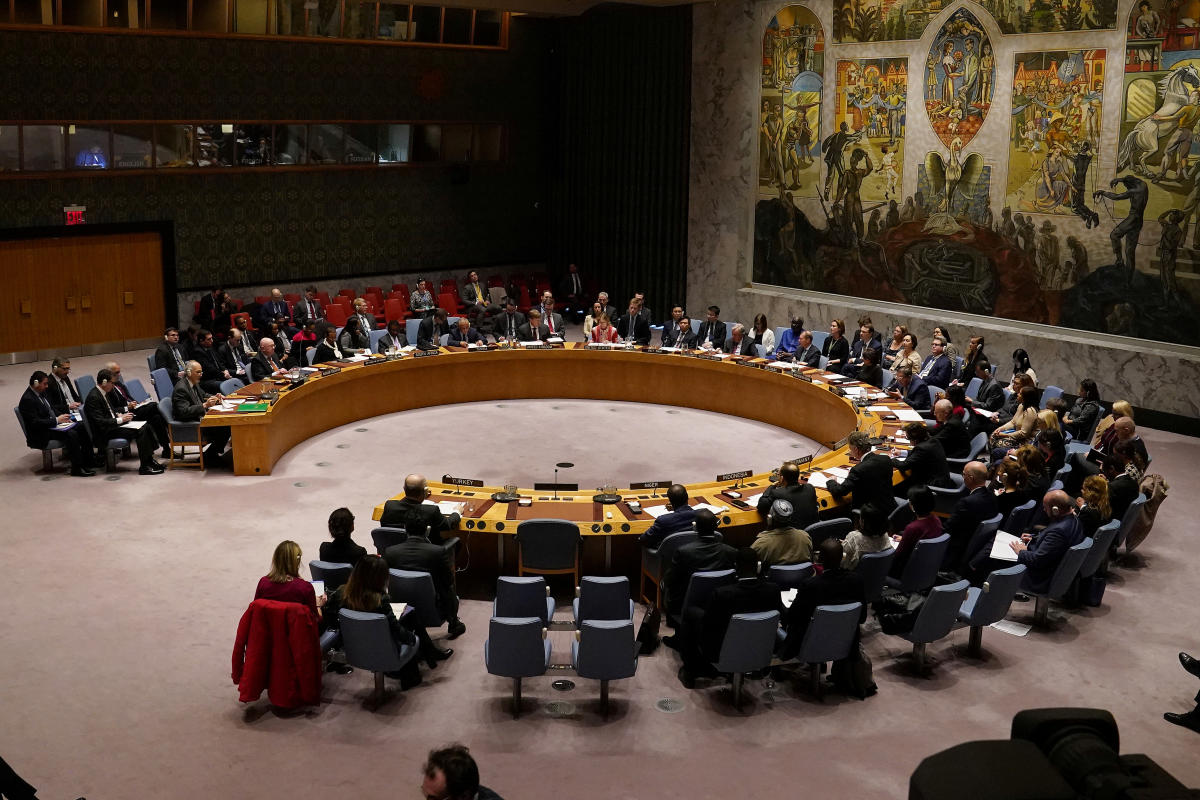The United Nations-brokered cease-fire in Yemen which came into effect last week is fragile but seems to be holding. After seven years of war, the Shia Houthi rebels control the country’s capital Sanaa, most of northern Yemen, and appear to have emerged on top. That is the reason most experts believe the rebels agreed to a two-month-long truce, which can be extended by mutual consent, with a Saudi Arabia which has clearly realised it has bitten off more than it can chew.
The Saudi blockade of fuel imports has been lifted ~ which will go a long way in delivering urgent food supplies, medicines, and other essentials to the Yemeni population ~ as has the blockade of Sanaa airport. It is a reflection, perhaps, of the contemporary world order that UN negotiators led by Special Envoy Hans Grundberg came up with a framework for peace in Yemen which effectively ignores extant UN Security Council resolutions that call for Houthi disarmament and territorial surrender, points out strategic expert Bruce Riedel.
Advertisement
The relief in Washington is palpable, nonetheless, with President Joe Biden welcoming the agreement publicly. No surprise, this, given the Saudis have been stringing the US establishment along for years now having sold them the idea that the Houthis would be subdued within months, if not weeks. The Biden Administration, to its credit, reversed President Donald Trump’s policy of complete support for Saudi Arabia’s intervention in Yemen.
Last year, Mr Biden called for an end to the war in Yemen and suspended some military aid to the Saudis; an influential section of US lawmakers also kept up its opposition to continued aid to the kingdom and this resonated powerfully in Riyadh, which helped secure the cease-fire. Analysts say President Biden’s refusal to deal with the architect of the war, Crown Prince Mohammed bin Salman, had a major impact on getting the Saudis to the negotiating table.
Also significant in terms of helping Mr Biden take a tough line with the Saudis has been the outbreak of hostilities on continental Europe which the Americans are clear is their primary focus; the distraction of a disastrous conflict in Yemen started by one of their staunchest allies in the region is not what Washington needs. While the cease-fire leaves the Houthis at an advantage, Iran too is a gainer.
Tehran now has a foothold on the Arabian Peninsula and while the Houthis don’t follow Iran blindly, their military leadership has established a close relationship with Iran’s elite Islamic Revolutionary Guard Corps. The world has the ill-conceived intervention in Yemen by the Saudis to thank for this. The fragility of the truce is apparent. Al-Qaida is active in Yemen as are local warlords; all of them benefit from the war continuing. To ensure, first, that the cease-fire is extended, and then work on a negotiated political settlement is the need of the hour.
A US-brokered peace process is unlikely to succeed as public sentiment in the region is palpably anti-America. Washington’s best bet is to encourage Oman, which played a key role in facilitating the cease-fire, to take the lead.











